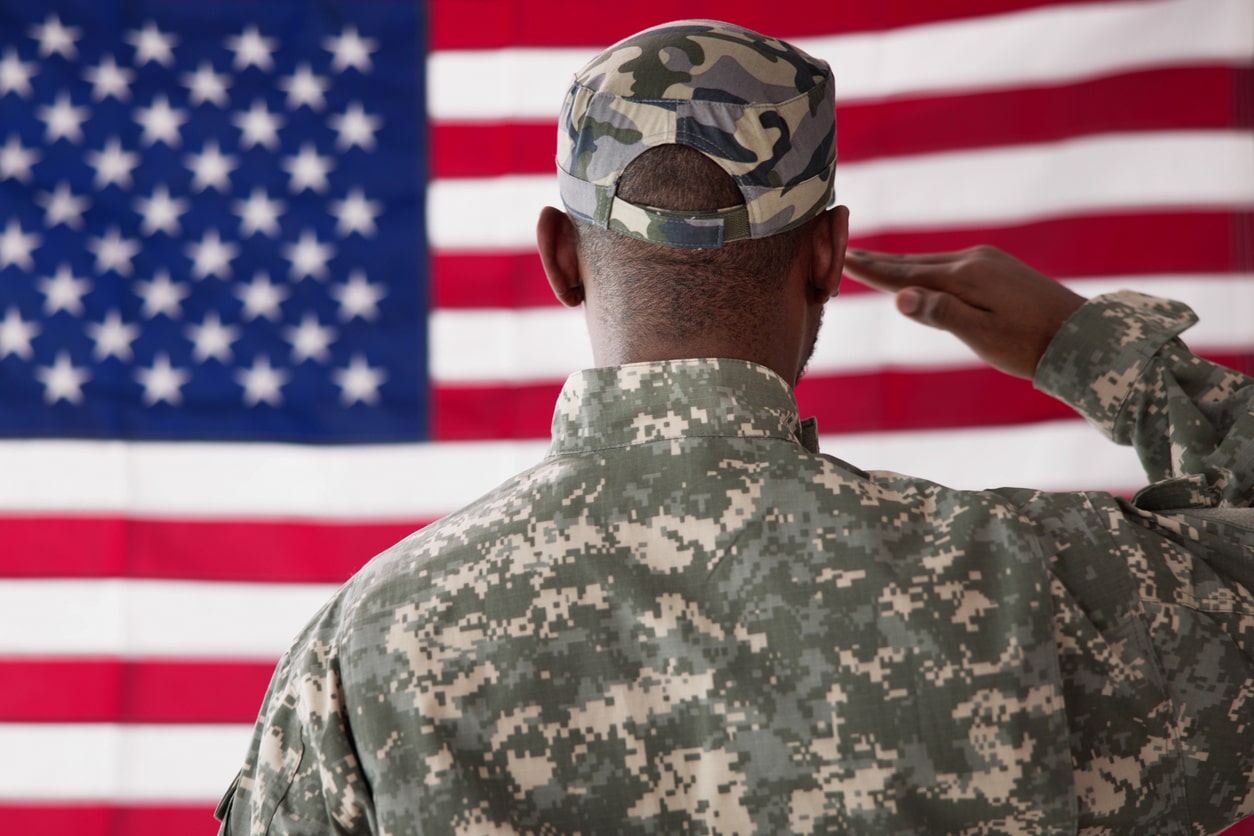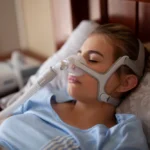Getting enough sleep is vital for overall well being, and it’s especially crucial for military veterans. While we may not have all the answers about why, there’s a clear connection between veterans and sleep disorders—especially when it comes to conditions like sleep apnea.
What is Sleep Apnea?
Obstructive Sleep Apnea is a common but very dangerous sleep disease afflicting at least 25 million adults in the U.S. Sleep apnea is a sleep disorder that occurs when the muscles in the back of your throat fail to keep your airway open, despite the effort to breathe. This results in brief periods where you stop breathing, leading to frequent awakenings and a lack of deep sleep.
Connection Between Military Service and Sleep Apnea:
Research conducted at Madigan Army Medical Center has uncovered a startling reality—85.1% of military personnel referred for sleep disorders were diagnosed with various issues, with sleep apnea topping the list at 51.2%. This study raises concern about the potential risks, emphasizing the need to address both short sleep duration and sleep disorders to prevent accidents and long-term consequences.
In this study, military personnel referred for sleep disorders revealed that a striking 85.1% were diagnosed with some form of sleep disorder, with sleep apnea emerging as the most frequently identified issue at 51.2%.
PTSD and Sleep Apnea:
Another study focusing on young veterans demonstrated a 40% increase in the likelihood of Obstructive Sleep Apnea (OSA) as the severity of Post-Traumatic Stress Disorder (PTSD) escalated. Of the 195 veterans with PTSD examined, a significant 69.2% were deemed at high risk for OSA. Surprisingly, young veterans are seldom screened for sleep apnea, leading to undiagnosed cases.
Why PTSD and Sleep Apnea are Connected:
While the precise link between PTSD and sleep apnea remains unclear, several potential factors contribute to their comorbidity. These include disturbed combat sleep, prolonged sleep deprivation, sleep fragmentation, hyperarousal, and the physical and mental stress from combat and PTSD. When present together, PTSD and sleep apnea tend to exacerbate each other, creating a detrimental cycle of untreated symptoms.
People suffering from sleep apnea are at an increased risk for a number of serious health complications, including hypertension, heart attack, stroke, and diabetes, among others. Take our Sleep Apnea Screening Quiz online to find out if you’re at risk for sleep apnea.
If you suspect you might have sleep apnea, Ognomy can connect you virtually to a board-certified sleep specialist in your state who can diagnose, test, and treat your sleep apnea, all from the comfort of your own home. To create an account with us and book a virtual appointment, follow this link.
For more information, click here to learn more about what we do, or visit our FAQ page for any common questions.












